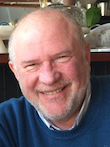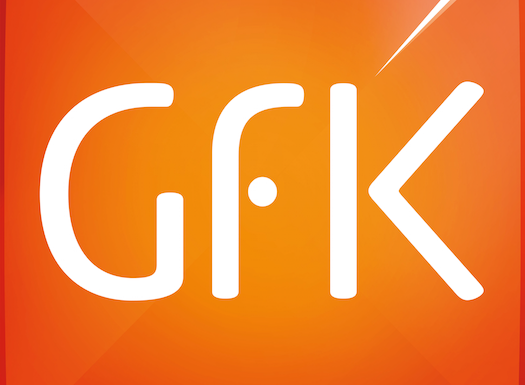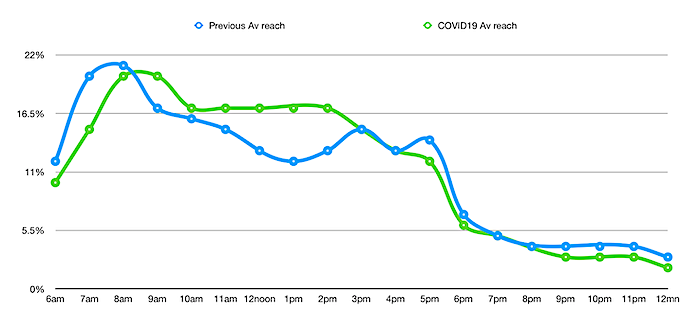RESULTS OUT NOW. Click here.
Perhaps the very first Nielsen survey of 1947 may have had more riding on it. I wouldn’t know. I wasn’t born yet.
After 66 years GfK became the radio industry’s official measurement contractor on January 1, 2014. As I recall, there was much anticipation on that one.
Nonetheless, this morning’s results will see many radio people bleary-eyed from lack of sleep the night before.
Although, originally scheduled as GFK Survey 6, it is actually only the third survey of the year since surveys 3, 4, and 5 were abandoned due to COVID-19. Survey 2, delivered back in April, was the last one anyone saw.
It’s that large, five months, gap – without guidance – that has the industry chewing on its collective fingernails. It’s been like sailing a boat through a storm in uncharted waters with no satnav nor compass or even the stars to go by.
Today we’ll see power restored and the first bits of data coming through to tell us where we are. Are we still more or less on course, or way off it? A head count reveals that, in the interim, we’ve lost a number of unfortunate crew overboard.
Today’’s survey will show the usual troika of results that stations would normally expect: go up, go down or stay the same. The suspense is much greater for stations that have made significant changes to talent line-ups or formats or both. In that regard, Nine Radio’s 2GB will be front and centre with radio legend Alan Jones having left the building at the end of May with Ben Fordham taking the reins of the Breakfast show.
Fordham, it must be said, is a very fine broadcaster, a total professional, with only one major drawback: he’s not Alan Jones. Given the same circumstances, I suspect even John Laws could struggle to win over Jones’ rusted on listeners. On the other hand, Fordham is well insulated against a mass defection since Jones hasn’t gone to a competing radio station. So, there’s a good chance that the bulk of the audience he left behind will stay put. If that’s the case, it should be enough to keep the breakfast show in double digits and with any luck retain the number one share in Sydney.
It may even be the case that with such a polarising figure as Jones gone, given all the publicity surrounding his departure, cumes may have increased as younger listeners dip their toes in the 2GB water to see if it’s now the right temperature for them.
But COVID -19 has done much more to disrupt radio than simply enforce a five-month hiatus on the supply of survey results. Evidence suggests that with more people working from home and less people commuting, the long-accepted listening peaks of Breakfast and Drive are less steep while traditional workplace listening has increased. Moreover, with lighter traffic, those still in cars during Morning and Evening Drive are on the road for less time.
The big question to be answered today will be whether these shifts in radio listening are reflected in the only survey that really matters – GfK’s. And if so, to what extent? Are the changes temporary or permanent? And what content adjustments will need to be made to address these changes in listening habits?
As often is the case with surveys, tomorrow’s data will likely provide more questions than answers but, hopefully, it will deliver some guidance that’s been long absent.
Join us this morning for all the results, averages and cumes, analysis, trend charts, spin and more from 9:30am.

Peter Saxon
Additional Reading
Mark Neely retires after three decades of radio audience measurement
Survey 2, 2020; listeners turn to news and talk during virus crisis
The road ahead in the time of COVID
How Breakfast Radio has changed due to COVID-19


